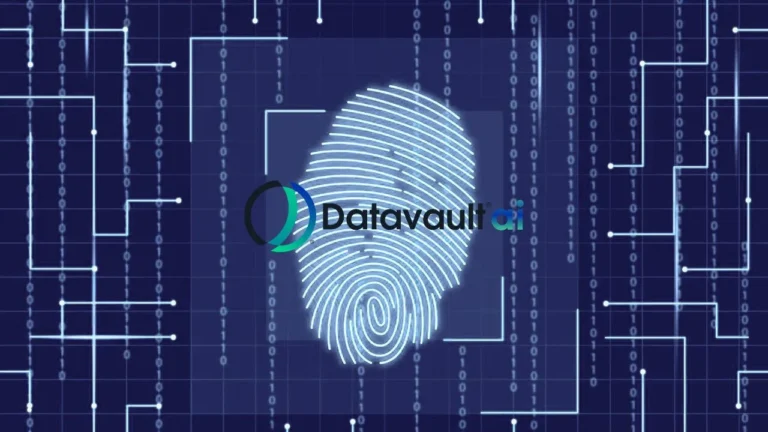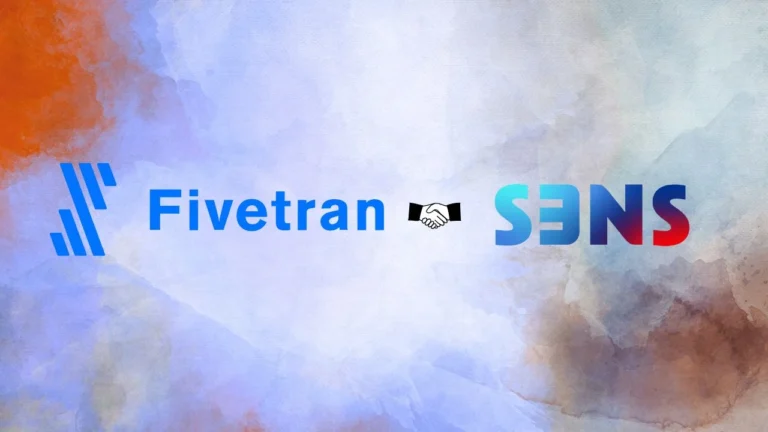Fintiv Files Lawsuit Against Apple for RICO Violations and Trade Secret Misappropriation Over Alleged Theft of Mobile Wallet Technology
Fintiv, Inc., a global leader in patented digital wallet ecosystems, has filed a civil lawsuit against Apple, Inc. in the Northern District of Georgia, Atlanta Division. The complaint, handled by Kasowitz LLP, accuses Apple of violating federal and state laws, including the Racketeer Influenced and Corrupt Organizations (RICO) Act, Georgia’s RICO Act, the Defend Trade Secrets Act, and Georgia’s Trade Secret Act. At the heart of the lawsuit is the allegation that Apple engaged in a pattern of racketeering activity, including wire fraud and trade secret misappropriation, to steal Fintiv’s proprietary mobile wallet technology. This alleged theft, Fintiv claims, formed the foundation for Apple Pay—a service that generates billions in annual revenue and has significantly contributed to Apple’s market valuation exceeding $3 trillion.
The complaint outlines a decade-old scheme in which Apple allegedly approached CorFire, Fintiv’s predecessor, under the guise of forming a mobile payment business partnership. Between 2011 and 2012, Apple reportedly attended multiple meetings with CorFire representatives, during which it gained access to confidential technical information protected by non-disclosure agreements (NDAs). According to the lawsuit, these discussions were intended to culminate in a licensing agreement where Apple would pay CorFire licensing fees for its mobile wallet technology. However, Fintiv alleges that instead of pursuing a legitimate partnership, Apple misappropriated CorFire’s trade secrets and poached key employees before launching Apple Pay in 2014.
Fintiv asserts that core features of Apple Pay—such as secure element technology, NFC (near-field communication) capabilities, and trusted service management platforms—are based on innovations originally developed by CorFire. The lawsuit further alleges that Apple exploited this stolen technology to establish a lucrative enterprise involving leading credit card issuing banks like JP Morgan Chase and Citibank, as well as payment processing networks like Visa and Mastercard. This “association-in-fact enterprise,” as described in the complaint, was allegedly created to facilitate and process the billions of transactions and trillions in payments made annually through Apple Pay. By leveraging Fintiv’s stolen intellectual property, Apple and its partners are accused of earning tens of billions of dollars annually from Apple Pay services.
“The scale of Apple’s unlawful conduct has been staggering,” the complaint states. “By modifying Apple Pay for use across four categories of its devices—iPhones, iPads, Apple Watches, and MacBooks—Apple has compounded its theft by knowingly utilizing Fintiv’s stolen technology in the hundreds of millions of devices it has sold worldwide.”
The lawsuit emphasizes that Apple Pay serves as the “engine” driving the alleged RICO enterprise. “Without the ongoing benefit of Fintiv’s stolen mobile wallet technology and trade secrets,” the complaint argues, “Apple’s ability to generate billions through Apple Pay would be severely compromised.”
Fintiv also alleges that Apple’s actions are part of a broader pattern of corporate misconduct. The complaint cites similar schemes involving other companies, such as Masimo Corp. and Valencell Inc., where Apple purportedly feigned interest in partnerships or licensing agreements only to misappropriate proprietary technologies. For instance, Apple allegedly stole non-invasive blood oxygen monitoring technology from Masimo and active heart-monitoring technology from Valencell, incorporating these innovations into its products without compensating the original developers.
In the case of Fintiv, the complaint asserts that Apple never licensed the company’s trade secrets or proprietary mobile wallet technology but has reaped immense financial benefits from Apple Pay. Marc Kasowitz, Fintiv’s lead attorney, described the allegations as “a colossal case of wrongdoing that ranks among the most egregious examples of corporate malfeasance I’ve seen in 45 years of law practice.” He added, “Through this action, Fintiv intends to hold Apple accountable for the full extent of its alleged illegal activities.”
A Pattern of Alleged Corporate Misconduct
The lawsuit paints a troubling picture of Apple’s business practices, alleging a systematic approach to appropriating intellectual property. According to Fintiv, Apple’s modus operandi involves pretending to partner with innovative companies, gaining access to their confidential information, and then hiring away key personnel to integrate stolen technologies into its own products. This alleged strategy has allowed Apple to commercialize groundbreaking innovations without compensating the original creators.
For Fintiv, the stakes are high. The company seeks to recover damages resulting from Apple’s alleged theft and racketeering activities, which it claims have deprived it of significant licensing revenues and competitive advantages. Moreover, Fintiv aims to expose what it describes as Apple’s exploitative practices and ensure accountability for the alleged misuse of its intellectual property.
Implications for the Tech Industry
If Fintiv’s allegations are proven true, the case could have far-reaching implications for the tech industry. It highlights the importance of safeguarding intellectual property and underscores the potential consequences of corporate misconduct. For Apple, the lawsuit poses a significant reputational risk and could result in substantial financial penalties if the court rules in Fintiv’s favor.
About Fintiv
Fintiv, a global leader of patented, white labeled Web2 to Web3 digital solutions for merchant payments, cross border and digital asset tokenization having deployed over 100 ecosystems in more than 35 countries. Fintiv has built one of the most significant and relevant patent portfolios globally and is now managing over 150 patents. Learn more at https://fintiv.global






